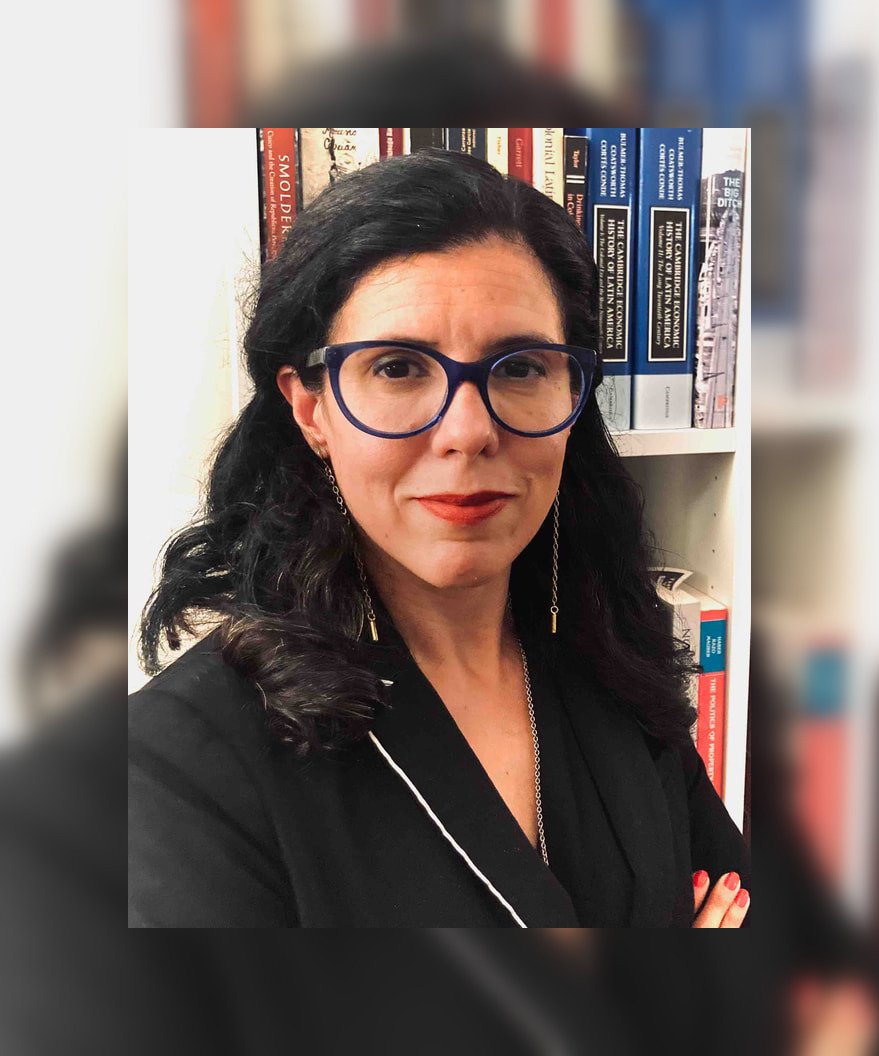DONDENA Seminar Series Spring 2023 - Leticia Arroyo Abad

"The Migration Roots of Development: Colonization, Human Capital, and Institutions in the Americas"
Abstract:
For decades, economists have debated the colonial origins of Latin American underdevelopment. Did institutions created during the colonial period persist and hold back growth or is the region’s underperformance due to more proximate factors? Institutionalists cleverly use the colonization of the Americas to argue that varieties of colonization based on local conditions created initial institutions that persisted over time (Engerman and Sokoloff 1997, Acemoglu et al. 2001). Human capital advocates believe that institutions are a by-product of human capital accumulation (Lipset 1959, Easterlin 1981). The problem with these debates, however, is that they have occurred in a near-complete absence of data about the Spanish colonizers. We know very little about their numbers, their origins, their human capital, where they settled, and what they did there. In this paper, we assemble a brand-new dataset that provides information on the settlers' origins, occupation, destination, and ultimate fate. We use this dataset to construct colonial-era indices of settler mortality, human capital, and occupation by colonial region and sub-region.
Bio:
Leticia Arroyo Abad is an associate professor of Economics at City University of New York and a research fellow at CEPR. After studying economics at the Argentine Catholic University, she worked as an economic and financial consultant followed by positions in the Argentine Secretary of Industry and the Inter-American Development Bank. She obtained her doctorate in Economics at the University of California specializing in macroeconomics and economic history. Her primary research area is the political economy of development in historical perspective. She has published numerous articles on the political economy of the Americas. Her work has been featured in online outlets, newspapers, radio, and TV.
You may follow the seminar online via ZOOM Meetings at the following link:
